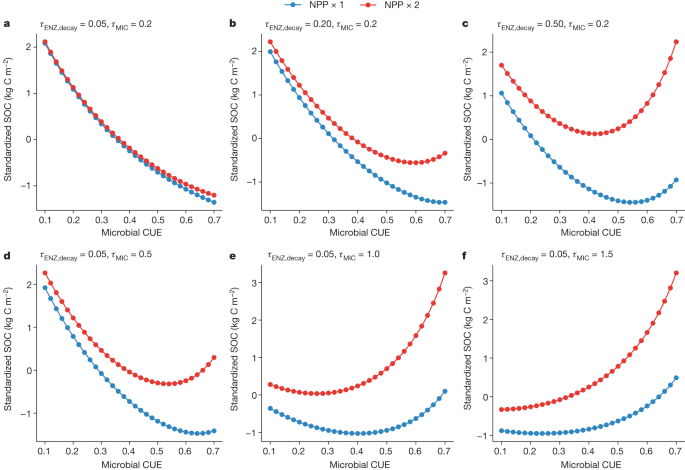Unveiling the Impact of Model Uncertainty on Soil Carbon Drivers
The content delves into the impact of model uncertainty on identifying key drivers of soil carbon levels. It highlights the role of microbial carbon use efficiency in promoting global soil carbon storage and discusses how drought-induced reductions affect terrestrial net primary production. Additionally, it explores global gridded soil information based on machine learning and harmonized soil property values for broad-scale modeling. The article also touches upon spatially distributed datasets of soil coverage and carbon storage in permafrost regions, as well as the global soil organic carbon map. Furthermore, it addresses the spatial representation of organic carbon in high latitude soils and challenges the predictive capabilities of current net primary productivity models regarding future soil organic carbon sequestration potential.
Összefoglaló testreszabása
Átírás mesterséges intelligenciával
Hivatkozások generálása
Forrás fordítása
Egy másik nyelvre
Gondolattérkép létrehozása
a forrásanyagból
Forrás megtekintése
www.nature.com
Reply to: Model uncertainty obscures major driver of soil carbon - Nature
Főbb Kivonatok
by Feng Tao,Ben... : www.nature.com 03-06-2024
https://www.nature.com/articles/s41586-023-07000-9
Mélyebb kérdések
